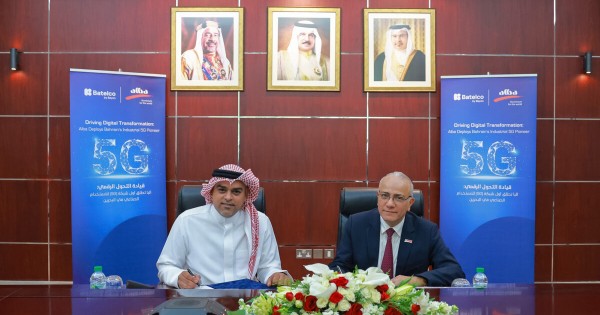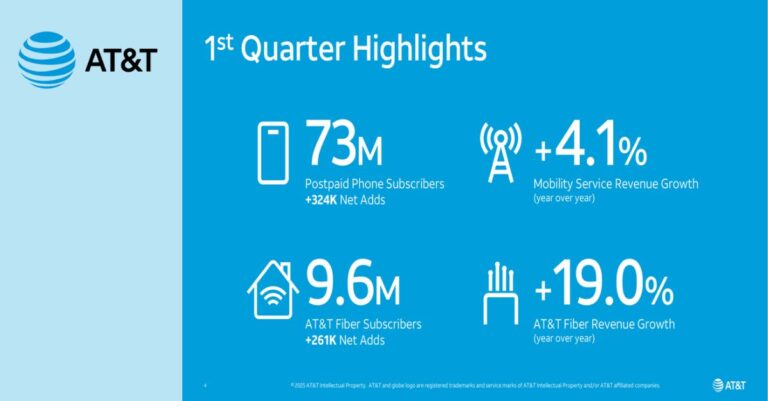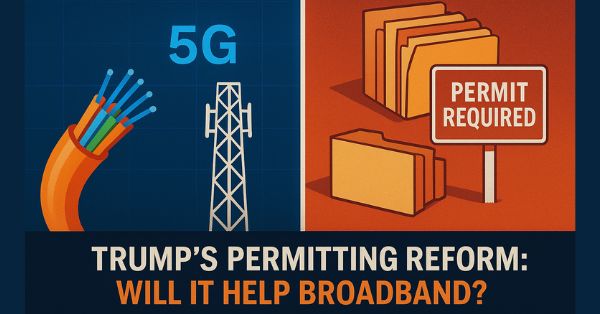Vodafone and Project Kuiper Join Forces
Vodafone has teamed up with Amazon’s Project Kuiper, a low Earth orbit (LEO) satellite communications initiative, to transform and extend the reach of their 4G and 5G networks. This strategic collaboration aims to serve a larger customer base in both Europe and Africa, two regions often affected by connectivity gaps.
Extending 4G/5G Capabilities with High-Bandwidth Satellite Networks
Traditional means of expanding network services—like fiber optics and microwave solutions—can be both time-consuming and expensive. In contrast, Vodafone and its affiliate Vodacom plan to utilize Project Kuiper’s high-bandwidth, low-latency satellite network. This approach will enable both companies to offer 4G/5G services to areas that would otherwise be difficult or prohibitively costly to serve. By using Project Kuiper’s satellites, Vodafone and Vodacom can connect their cellular antennas back to their core networks efficiently and cost-effectively.
A Global Mission to Serve Unserved and Underserved Communities
Amazon intends to partner with Vodafone to bring Project Kuiper’s high-speed broadband services to communities that lack adequate internet access. These companies are also considering other enterprise-level offerings, such as backup services for unexpected events and extending connectivity to remote infrastructures.
Transformative Impact on Various Sectors
Margherita Della Valle, the Chief Executive of Vodafone Group, highlighted the far-reaching effects of this collaboration. According to her, the partnership aims to provide mobile connectivity to approximately 40% of the global population without internet access. It will support various sectors, including remote communities, education, emergency services, and even disaster relief efforts.
Dave Limp, Amazon’s Senior VP for Devices and Services, also emphasized that their flexible satellite network will connect places that have traditionally been hard to reach. The partnership aims to enhance connectivity in several domains like residential broadband, agriculture, education, healthcare, transportation, and financial services.
Vodacom’s Commitment to a Connected Future
Shameel Joosub, CEO of Vodacom Group, affirmed Vodacom’s role in this initiative by stating that their purpose is to connect for a better future. Partnering with Project Kuiper, they aim to accelerate their efforts to bring more people online across the African continent.
The Roadmap: Satellite Deployment and Beta Testing
Amazon is in the process of testing prototype satellites and aims to begin deploying its production satellites by 2024. Simultaneously, beta testing of Project Kuiper services with select customers is expected by the end of 2024. Vodafone and Vodacom have committed to participating in these trials, setting the stage for an expansive rollout of 4G/5G services across Europe and Africa.
This strategic partnership between Vodafone, Vodacom, and Amazon’s Project Kuiper signals a pivotal moment in the expansion of 5G and satellite-based connectivity, promising to close the digital divide in underserved regions.



























